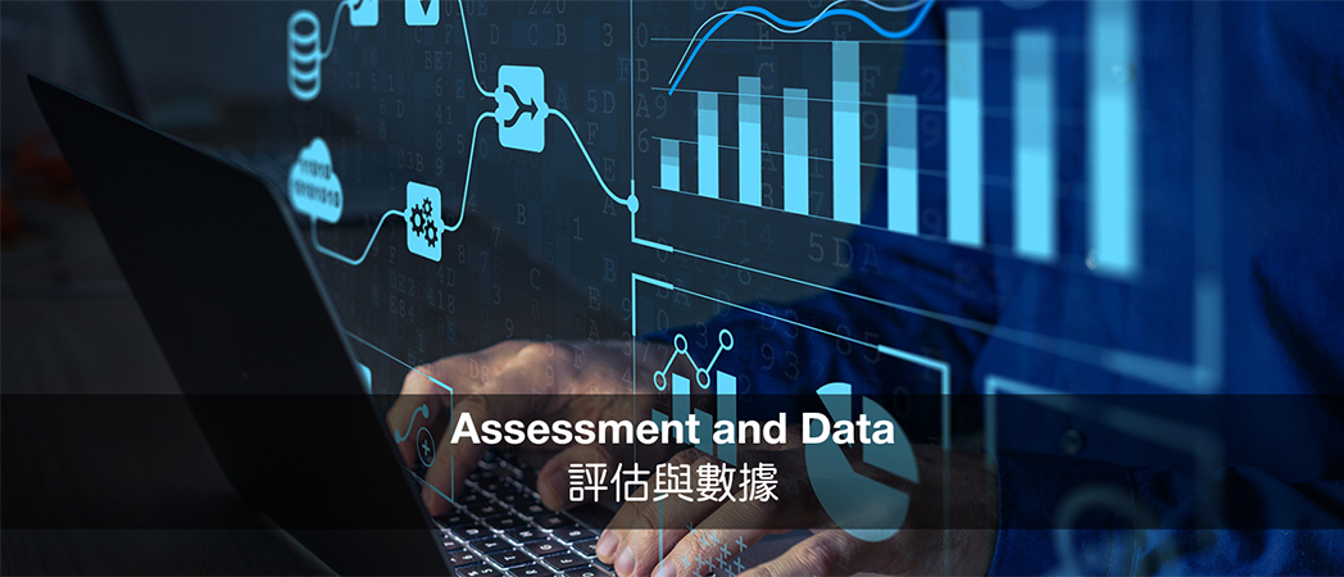
How holistic data analysis enables AI to better support teachers and students with precision
EDB InnoTheatre
Overview
Artificial intelligence holds tremendous potential in education. To provide more precise and personalized learning support in the future, AI systems must be able to understand each student’s ability, learning history, and background—achieving a more holistic understanding of the learner. Currently, automated methods for collecting formative assessment data remain limited, largely because many schools still rely on paper-based worksheets and exercises. If teachers can more easily convert these materials into interactive digital formats, students will be able to complete tasks more conveniently and with greater engagement. At the same time, their performance can be analyzed instantly, enabling the system to generate targeted feedback and personalized learning recommendations. This not only improves data accuracy and teaching efficiency, but also enhances the timeliness and relevance of instructional support.
The speakers will share how teachers can effectively implement digital assessment in school-based settings by using AI to convert paper-based worksheets into interactive formats. The session will cover extended features such as AI auto-marking and data visualization tools, which significantly reduce teachers’ marking workload. The speakers will also demonstrate how digital exercises support student self-directed learning through functions like vocabulary explanations tailored to ability levels and text-to-speech reading. Lastly, the speakers will explore how continuous data collection can be used to further refine AI performance, creating a positive and sustainable feedback loop.
Participants could:
1. Gain insights into how AI technology can transform traditional paper-based assessments into digital and interactive formats, enhancing both efficiency and accuracy in teaching and evaluation.
2. Understand how to analyze student performance through learning data and develop targeted teaching strategies to truly implement personalized learning.
3. Learn from real-life experiences and feedback from teachers and students, and explore the wide-ranging benefits that digital transformation brings to both teaching and learning.

